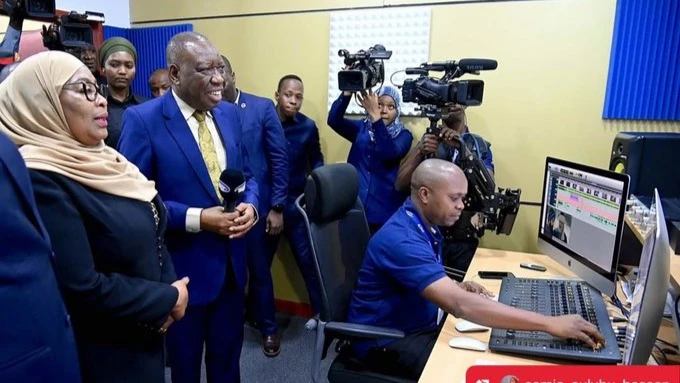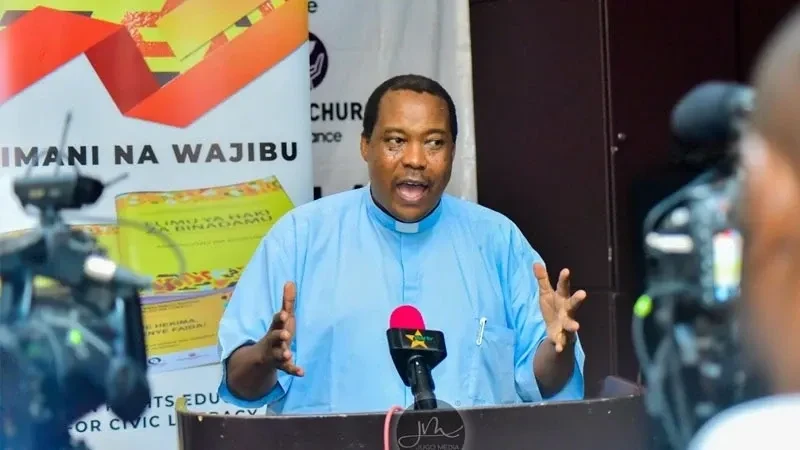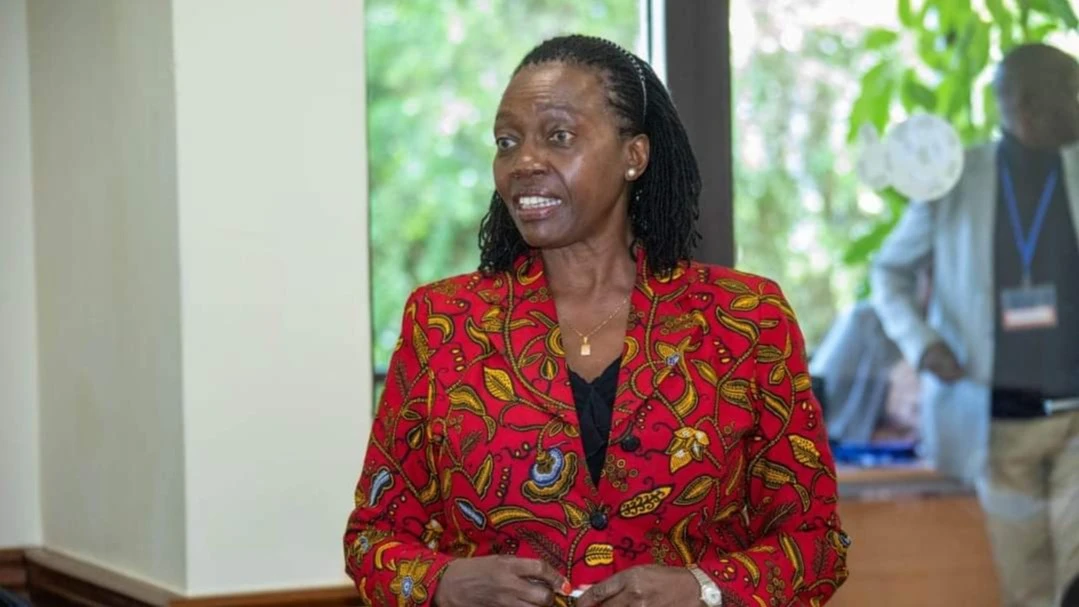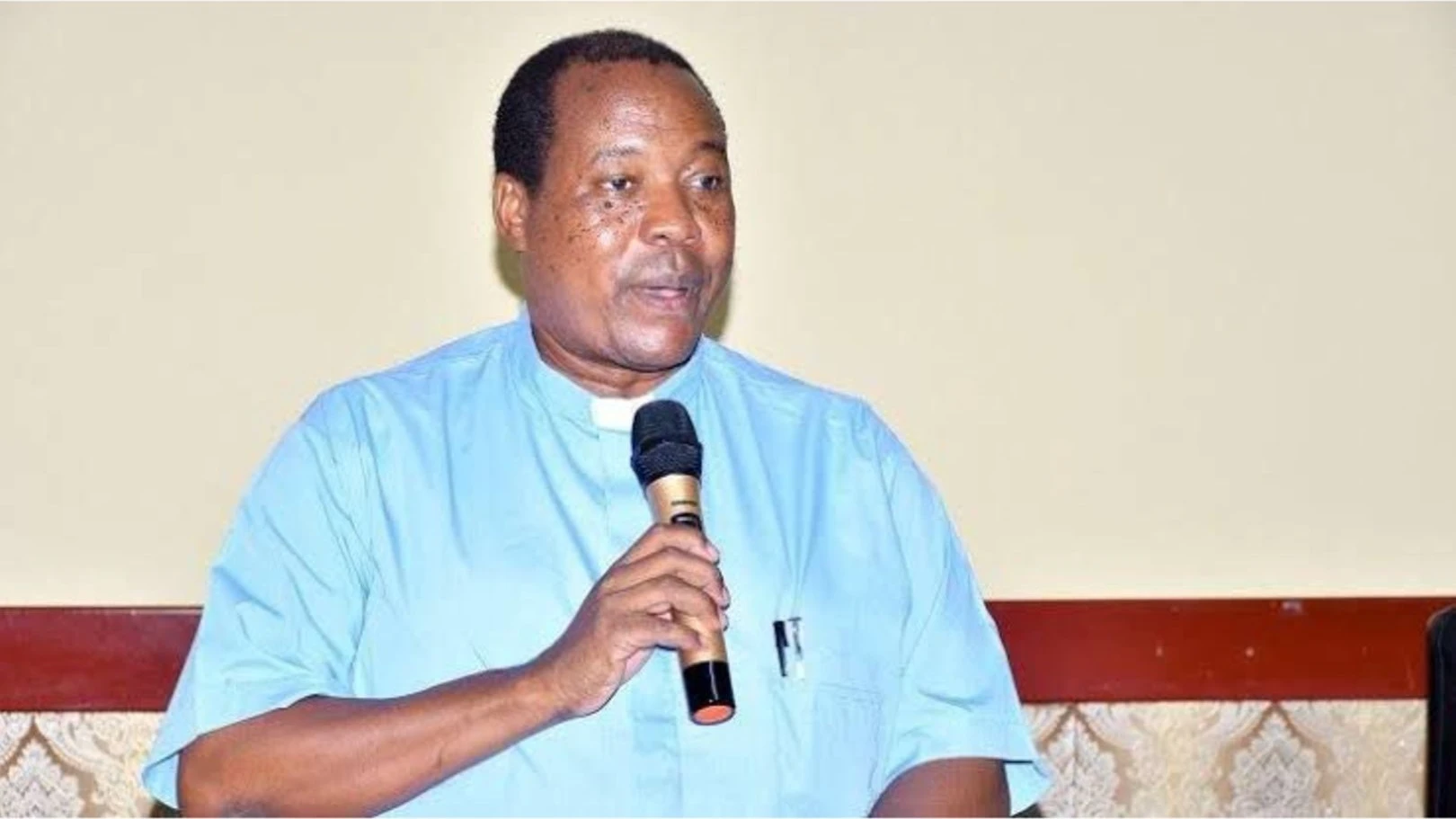Author wins Mwalimu Nyerere prize for novel on mental health, bullying

VETERAN Tanzanian author Maundu Mwingizi has won the 2025 Mwalimu Nyerere National Prize for Creative Writing (novel category) for his manuscript Jeneza la Taifa (The Nation’s Coffin), a compelling narrative that confronts bullying and mental health issues in Tanzanian society.
The prize was awarded yesterday by Abdallah Ulega, Minister for Works, who represented Vice President Dr Philip Mpango.
Mwingizi, a novelist and short story writer affiliated with the Union of Visionary Novelists, is also the author of Tanzia, Kitanda cha Kuwadi and Fumbo.
Reflecting on the moment he received the prize, Mwingizi described it as a mix of "immense joy and considerable shock." “This prize is one of the few major awards in Africa recognising creative writing in Kiswahili.
Winning it is not only a personal achievement but also a chance for Jeneza la Taifa to reach Kiswahili readers across the continent and beyond,” he said.
The shock, he admitted, stemmed from an article he had published a year earlier offering critical feedback to the award organisers.
“I half-expected to be disqualified,” he said. “But the judging process remained fair—an encouraging testament to the award’s integrity.”
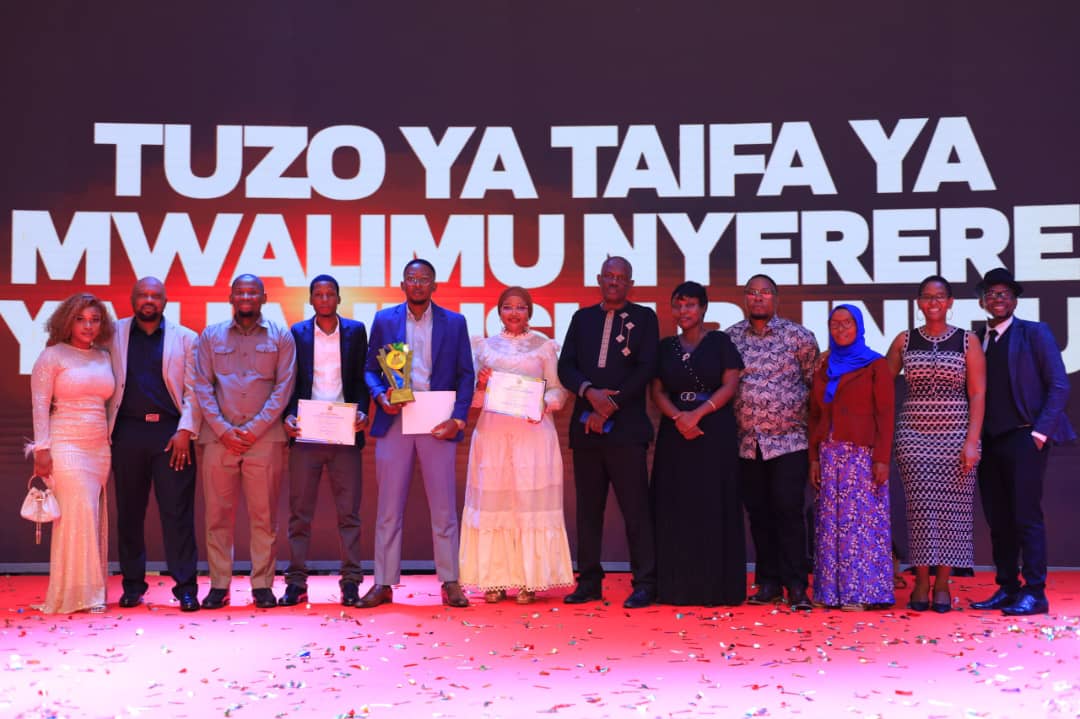
The novel took nine months to write and involved extensive research. Mwingizi interviewed bullying survivors, visited mental health facilities, and studied related literature to ensure the story was not only compelling but responsible.
Mwingizi credits his early passion for storytelling to the folktales shared by his grandmother, aunt, and primary school teacher. “I would retell school stories at home, and home stories at school. That’s when I first realised I was a storyteller,” he said.
Later, exposure to literature and lessons from Islamic teachers further shaped his ability to communicate complex ideas with clarity and purpose.
For Mwingizi, writing is more than a craft—it’s a way of life. “Writing forces me to research deeply, think critically, and communicate clearly. It’s an ongoing education,” he said.
However, he remains candid about the challenges. “Across Tanzania and much of Africa, writers face systemic neglect. Without institutional and media support, it’s nearly impossible to sustain a living from writing alone.”
When asked about inspiration, Mwingizi demystifies the creative process. “There’s no secret vault of ideas. They come from reading, observing, listening, travelling, and simply sitting down to write. Creativity is born from engagement with the world.”
He thanked members of the Prize’s Awards Committee, calling for further autonomy and resources for the panel. He also stressed the importance of including publishers and writers in future decision-making.
To aspiring writers, Mwingizi offered this advice: “Don’t be discouraged if recognition takes time. Writing matures with life experience. Keep reading, keep writing, and trust the journey.”
Top Headlines
© 2025 IPPMEDIA.COM. ALL RIGHTS RESERVED








